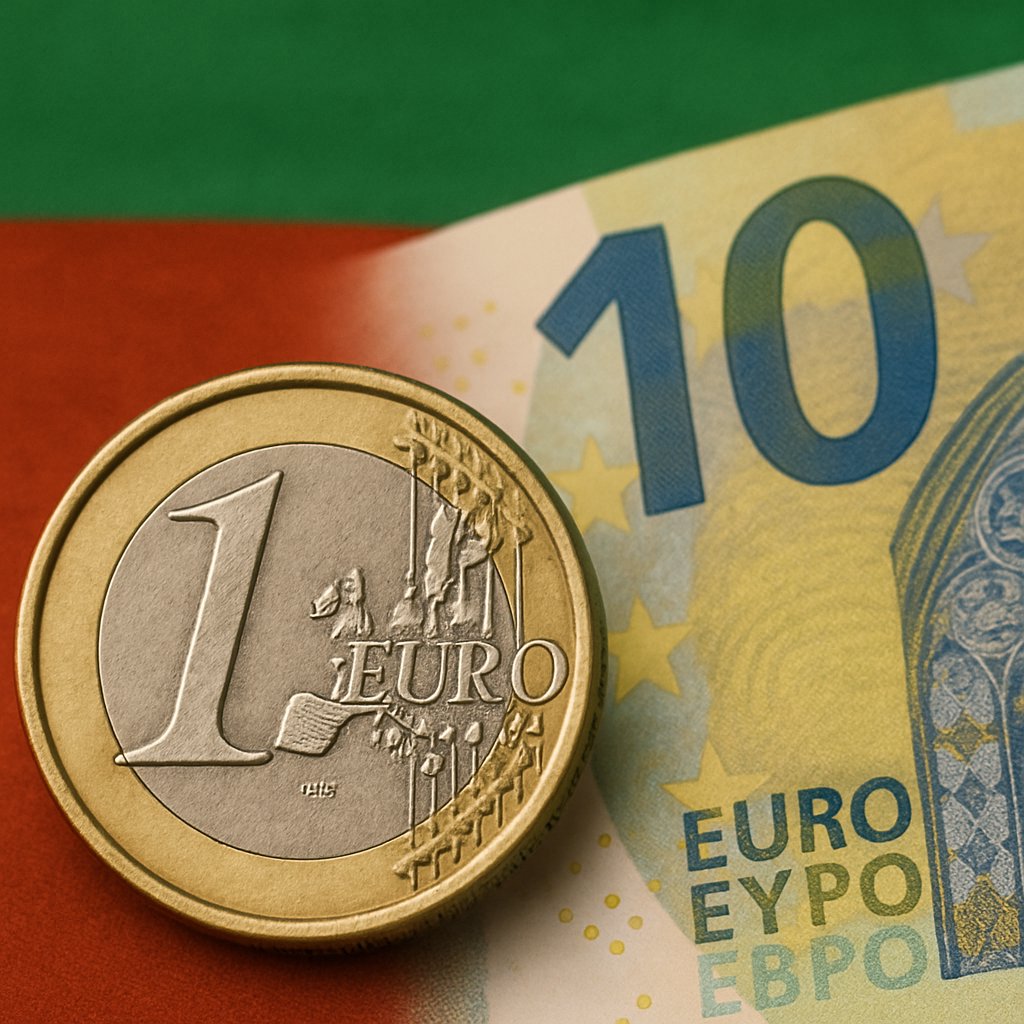Transitions in currency often reflect broader shifts in alignment and policy.
Bulgaria Moves to Adopt the Euro by 2026
Bulgaria is set to become the 21st country to join the eurozone. The European Commission and the European Central Bank have both given a green light for euro adoption starting January 1, 2026.
- Euro replaces the Bulgarian lev from January 2026
- Convergence criteria met: inflation, debt, interest, currency stability
- ECB and EC confirmed Bulgaria’s readiness
- Final approval now lies with the Council of the EU
- Comes on the heels of Bulgaria joining Schengen earlier this year
- Political instability still casts shadows on the transition
The shift from the Bulgarian lev (BGN) to the euro will affect everything from savings and salaries to cross-border finance. Dual pricing is expected to start by August this year. As with previous eurozone entries, Bulgaria’s adoption timeline is designed to minimize disruption while maximizing trust in the new unit of account.
What makes this step notable is its timing. Bulgaria only recently joined the Schengen area, making this its second major integration move in under 12 months. Both decisions represent an alignment with EU norms, but also a departure from national control over key levers.
A Mixed Signal for Sovereignty and Stability
The euro is often viewed as a symbol of European unity, but not all members adopt it for the same reasons. For Bulgaria, the move is driven by both aspiration and necessity. Over the past four years, the country has faced repeated elections, stalled legislation, and inflationary pressure. Adopting the euro may signal trust to investors, but it also reduces policy options at home.
ECB officials praised Bulgaria’s dedication to reforms, particularly on fiscal responsibility. But mass protests in Sofia last week underscored public concern. Many fear price hikes, foreign ownership shifts, or financial exclusion for older citizens and rural areas. These fears are not new. Every euro adoption cycle has them. But Bulgaria’s political instability makes its case more fragile than most.
As one Bulgarian official put it: the task now is to show that the euro works for ordinary people, not just for Brussels. That will require more than technical readiness. It will require trust, transparency, and a smooth rollout in 2025.
“If you do not control your inputs, you will never control your outcomes.” Currency is an input.

